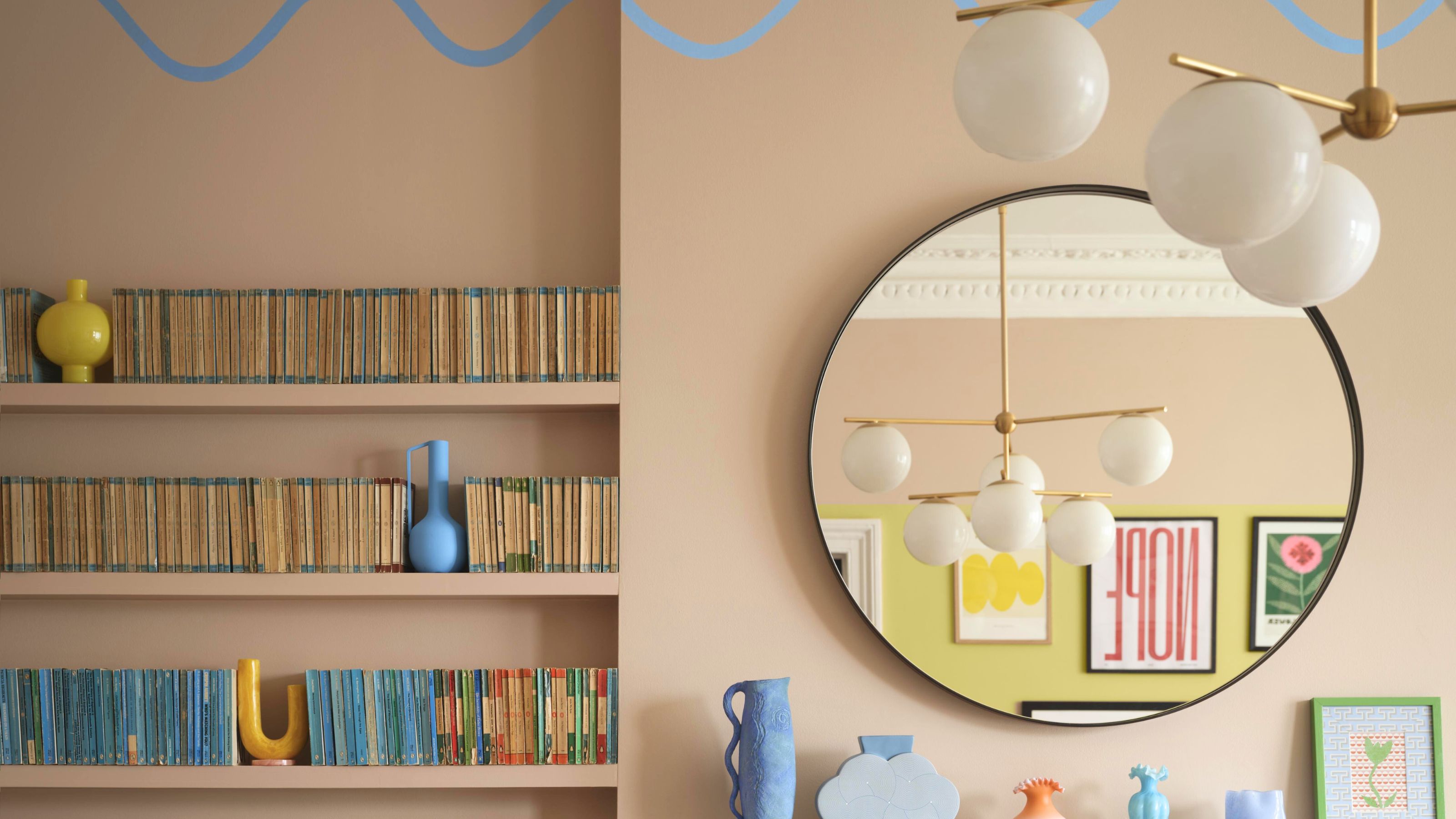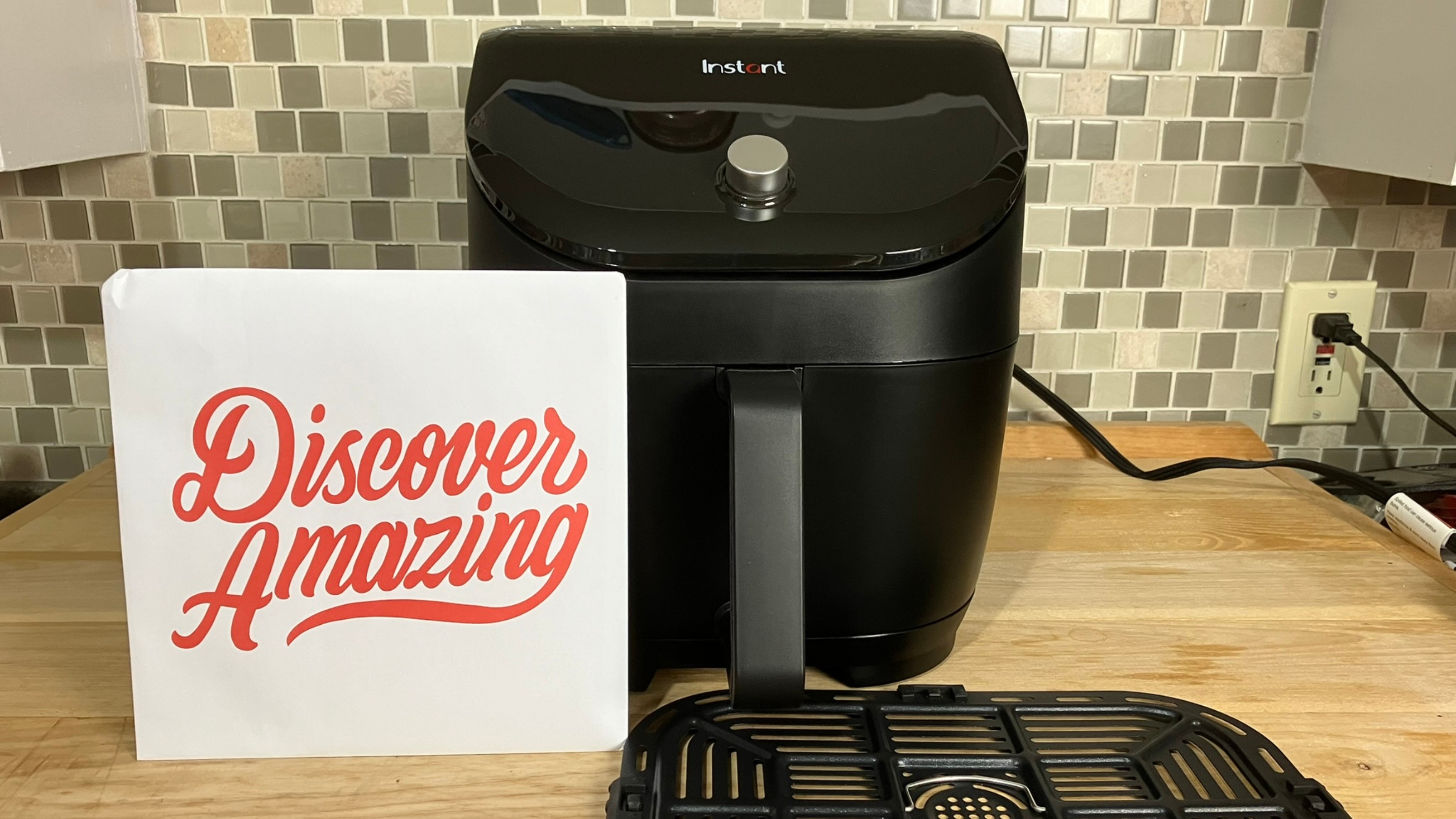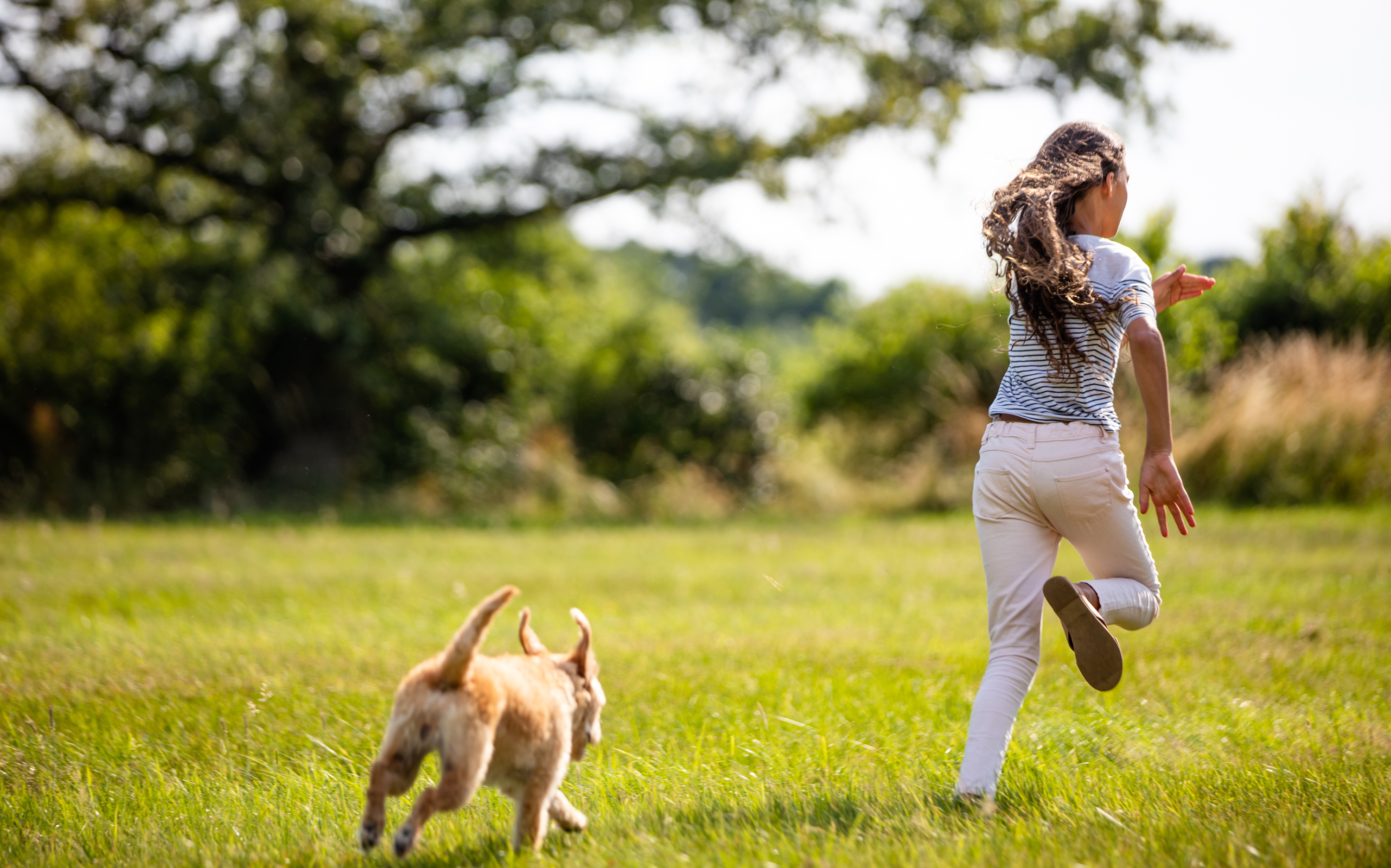
When thinking about life in the countryside, beautiful rolling hills and the peace and quiet of a secluded village may spring to mind. Although rural living comes with many of these advantages, swapping the city for country life can throw up a number of challenges that may not have crossed your mind.
There are plenty of exciting points to consider when choosing and renovating a rural property, such as selecting your décor, or planning how your garden will look. But there are some practical points that should be taken into account too, such as what fuel you’re going to use for heating your home now and in the future, for example.
For many people living ‘off-grid’ with no access to mains gas, oil was traditionally the default option. However, in response to the Government’s plan to phase out the installation of high carbon fossil fuel heating as part of their Clean Growth Strategy, many people are now reconsidering their options – with LPG (liquefied petroleum gas) being a viable alternative.
Off-grid gas
LPG is the closest alternative to being on mains gas, which is ideal if you’re used to living in the city. By selecting LPG, you also don’t have to compromise on convenience or versatility, and you can use it not just for heating and hot water, but for cookers, gas fires and even tumble dryers too!
Alongside being versatile, it’s the cleanest and greenest of all off-grid fossil fuels and is also really efficient, with modern condensing LPG boilers achieving efficiencies of 90 per cent and more.
You’ll even have all the benefits of cooking on gas with an instant, controllable flame and the additional reassurance that you can still cook in the event of a power cut.
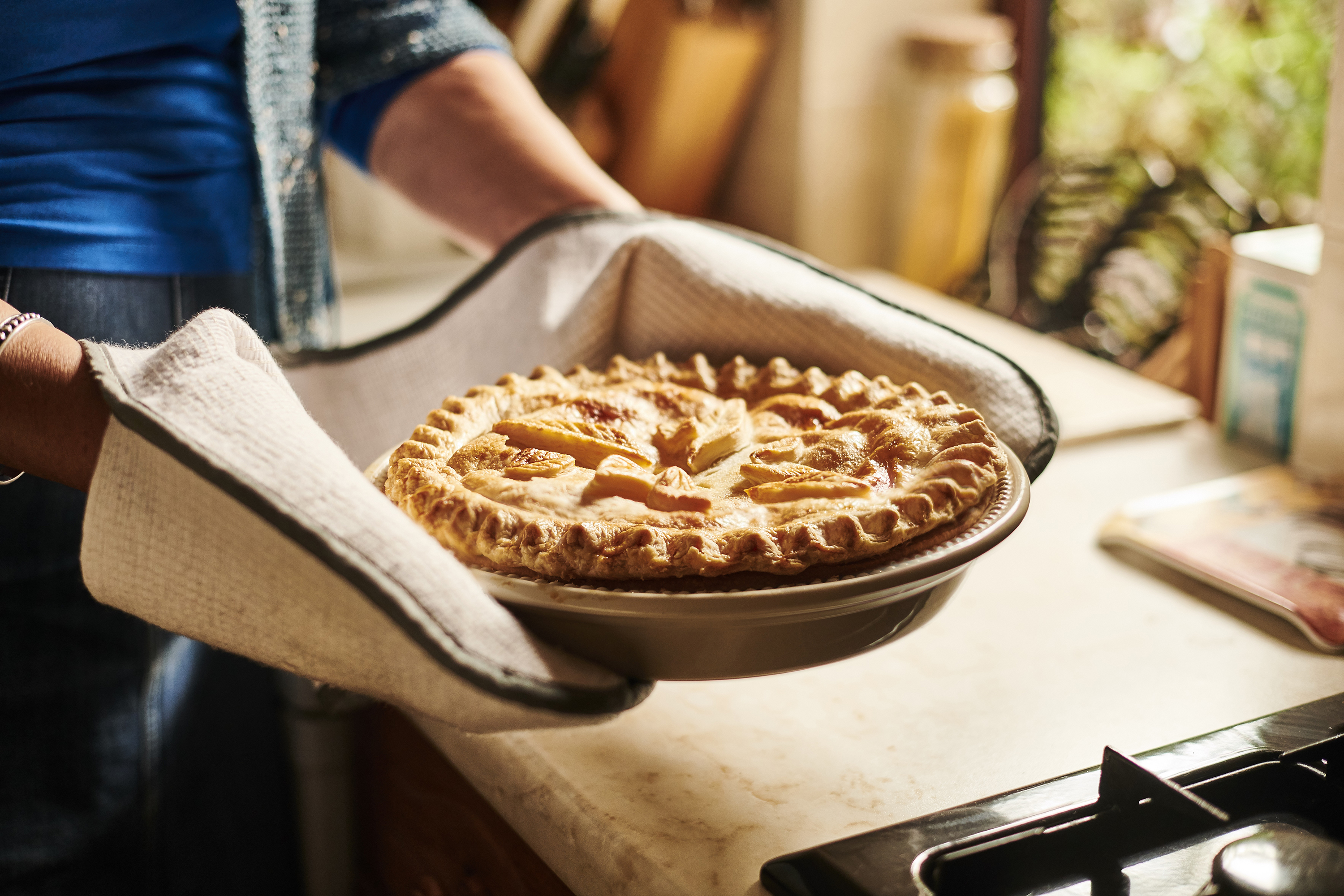
Even better, LPG tanks can be easily buried underground, out of sight, freeing up valuable garden space and improving the overall look of your garden!
The cost of installation of an LPG system is also kinder to your bank balance than other renewable systems, so you can still do your bit for the environment without considerable expense.
Going greener
If you’re eco-conscious and worried about how your energy usage effects the environment, you’ll be pleased to know that LPG has the lowest carbon emissions of all fossil fuels, emitting around 20 per cent less CO2 per kWh than heating oil. Or if you want to go one step further towards a greener and cleaner lifestyle then consider BioLPG.
BioLPG is made from a mix of renewable and sustainably sourced raw materials, so opting for the green gas can help you reduce your carbon footprint for home heating by 38 per cent compared to oil.
What’s more, because BioLPG has the same chemical composition as LPG, it works with standard LPG systems, boilers and appliances, so there’s no need to buy specialist equipment.
Secure storage
There are a number of tank storage options for LPG and BioLPG, including above-ground tanks, underground tanks and compact cylinders. By burying your tank underground you can keep your garden looking neat and tidy, or if you’re short on space then cylinders are a great choice, as they can be tucked away neatly down the side of your home.
Oil tanks are an attractive target for thieves. As theft from a gas tank is virtually impossible, you can have added peace of mind that your fuel is secure. Auto-ordering is available on tanks too and we’ll monitor your gas levels and schedule a top-up when needed. Don’t worry if you aren’t there to greet us, we will still deliver even if you are out of the house.
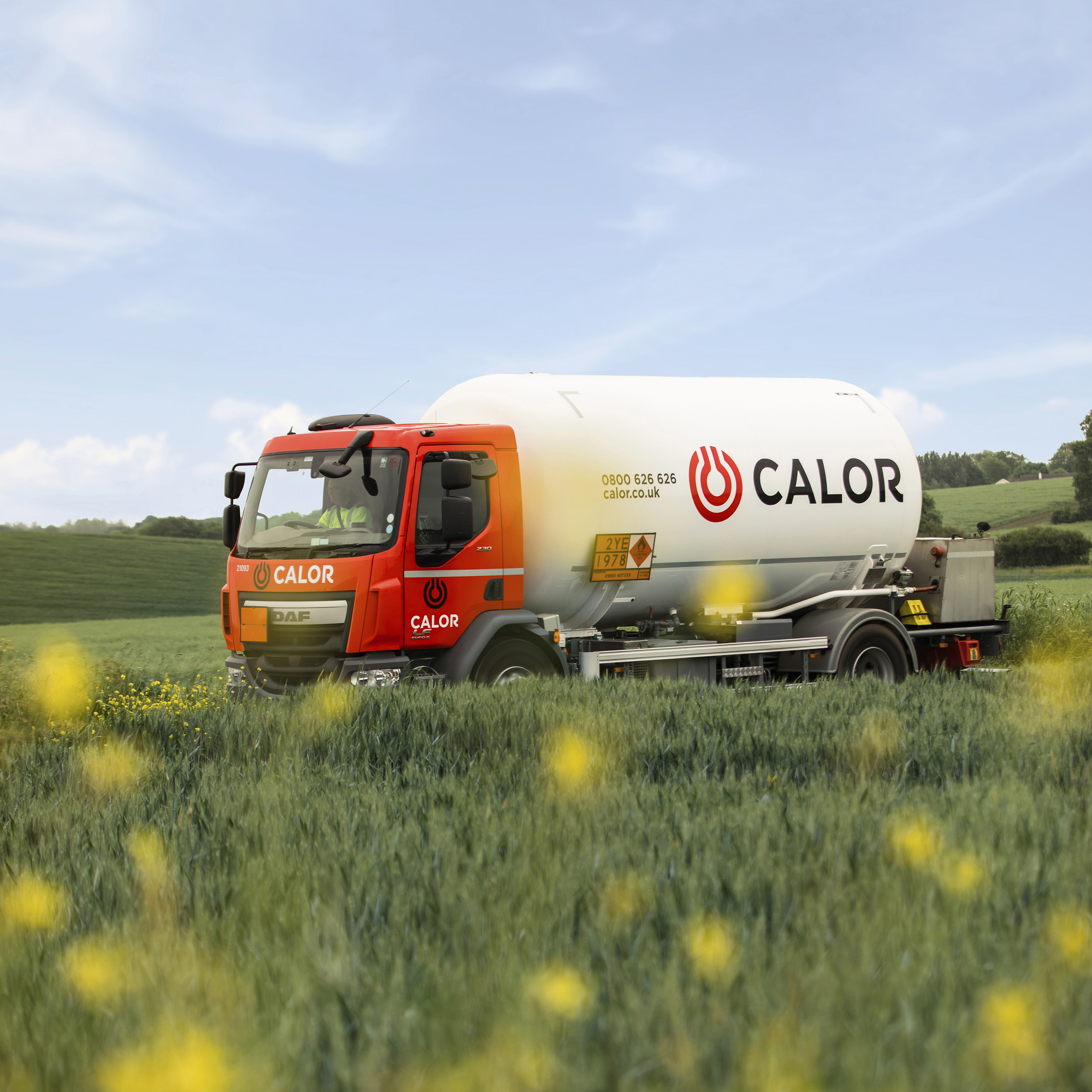
So, if you’re already living in a rural home, or considering a move to the country and want to future proof your heating, why not find out more about LPG and BioLPG by visiting calor.co.uk or call 0808 159 7864 to chat to one of our advisors.
Join our newsletter
Get small space home decor ideas, celeb inspiration, DIY tips and more, straight to your inbox!
Real Homes is committed to sharing the best advice on everything from renovating your home to what products to fill it with. From DIY how tos, to ideas galleries and reviews Real Homes offers knowledge and expertise to help you do what you need to do, in a way that hopefully makes the process fun and easy. Our sponsored content is not an editorial endorsement, but allows you to connect with brands to assist your home renovation journey and alerts you to products you may not have known about before.
-
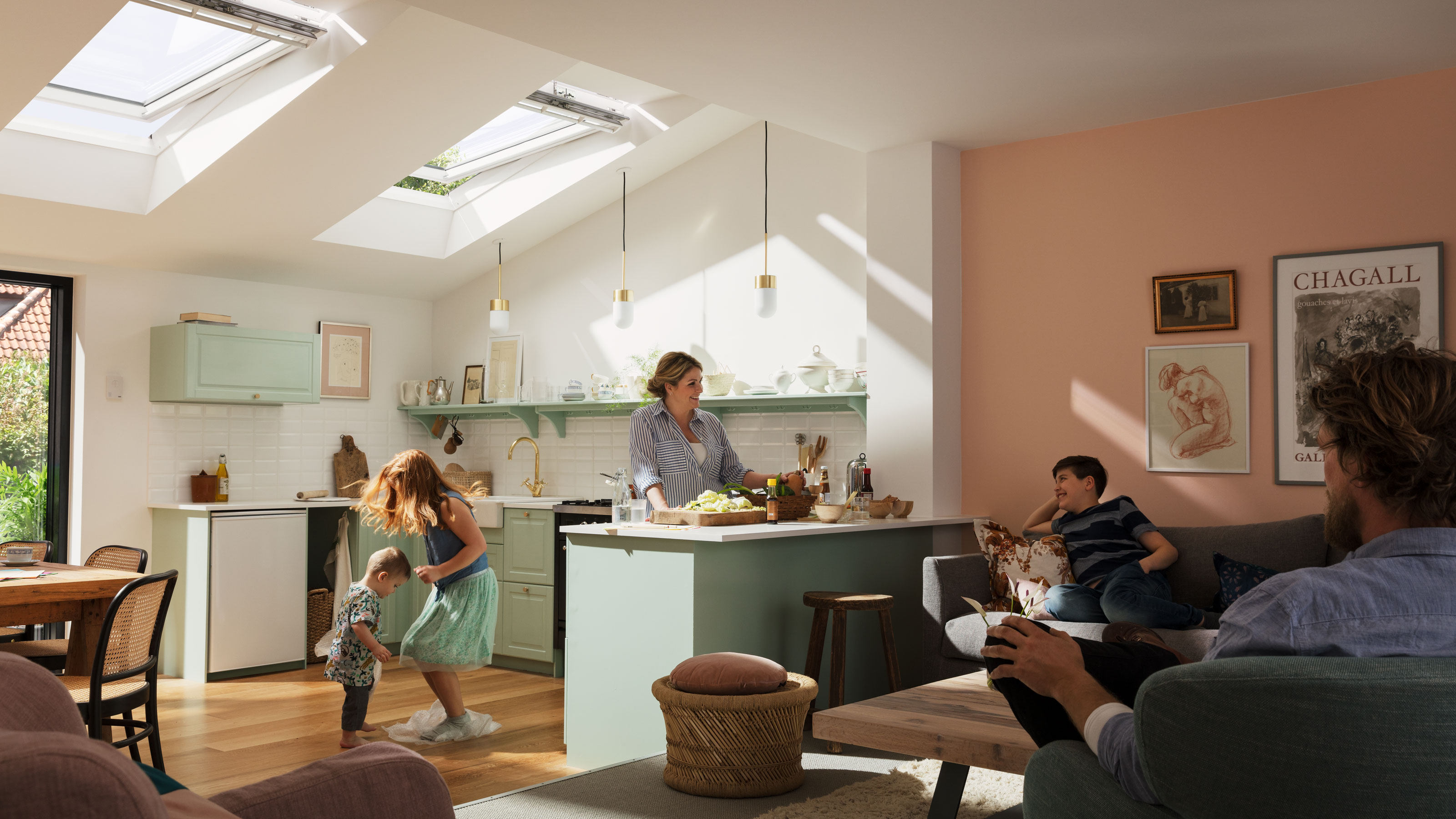 Show off your latest home renovation with VELUX!
Show off your latest home renovation with VELUX!VELUX is on the lookout for some great examples of beautiful daylight transformations
By Sponsored Published
-
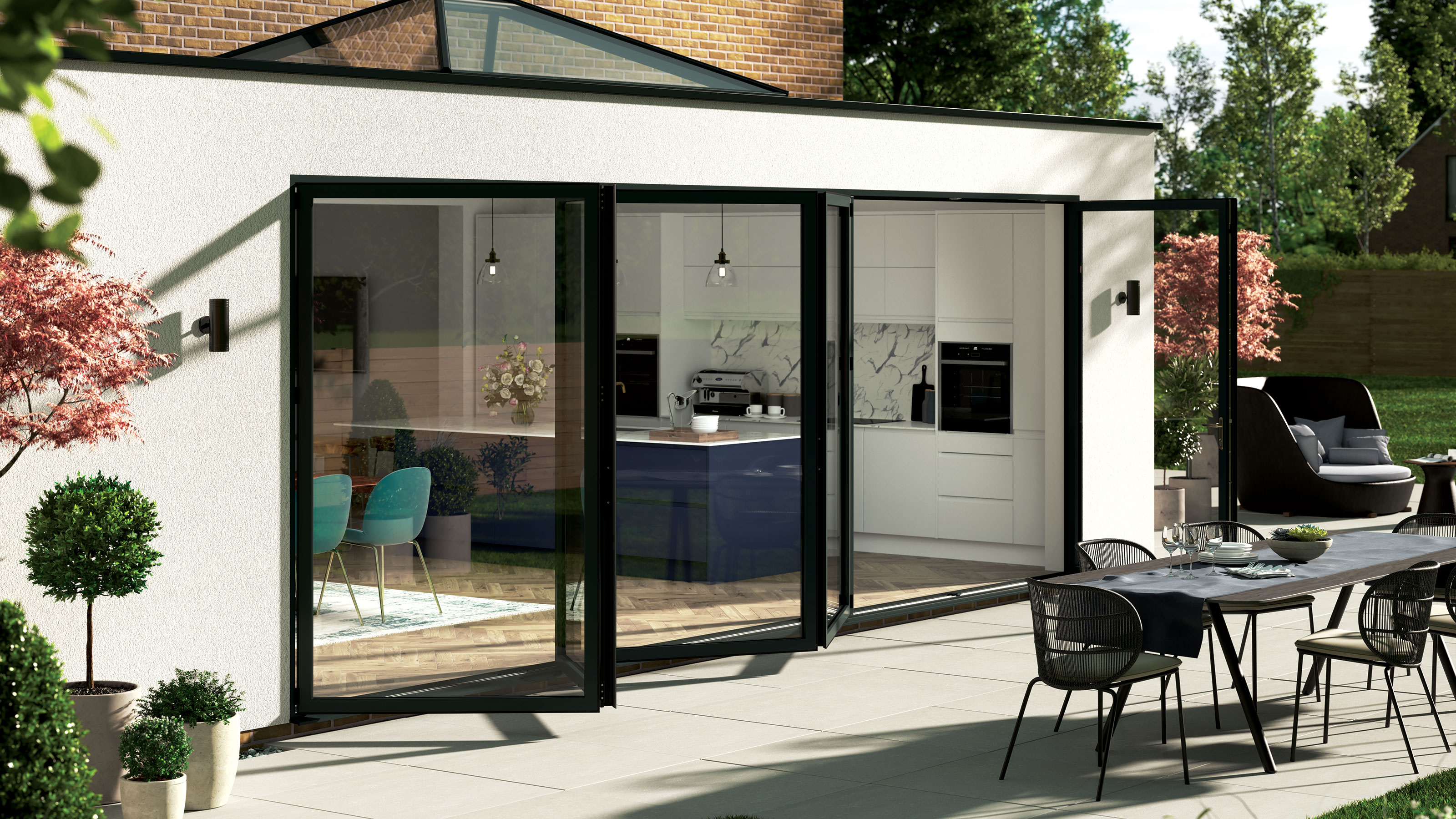 Rethinking the fundamental features of your home
Rethinking the fundamental features of your homeBy Sponsored Published
-
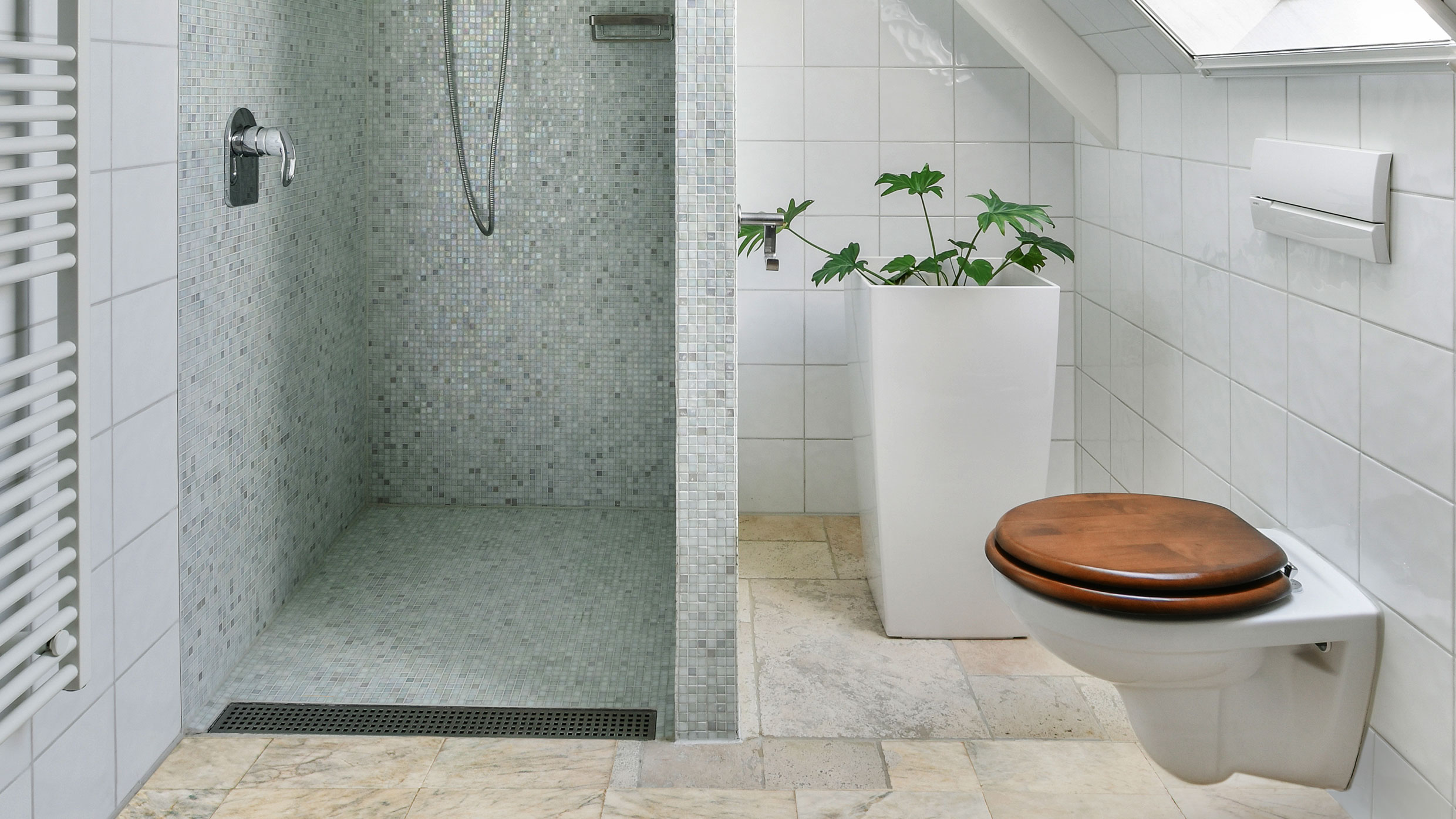 Discover your home's potential with a macerator
Discover your home's potential with a maceratorTurned wasted space into dream bathrooms and kitchens with Saniflo macerators and pumps that work anywhere
By Sponsored Published
-
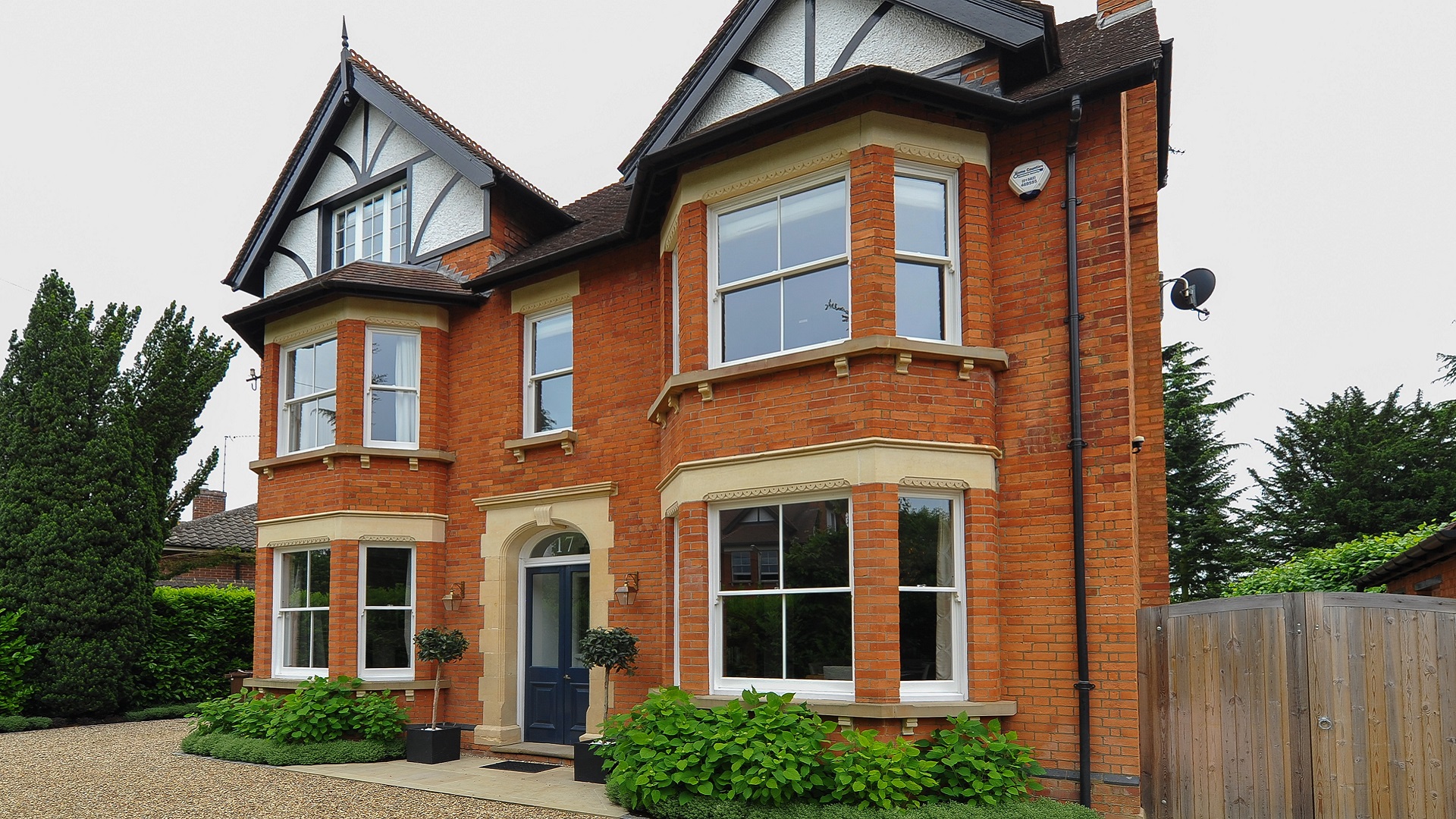 A 5-step guide to replacing the windows in your period property
A 5-step guide to replacing the windows in your period propertyBy Sponsored Published
-
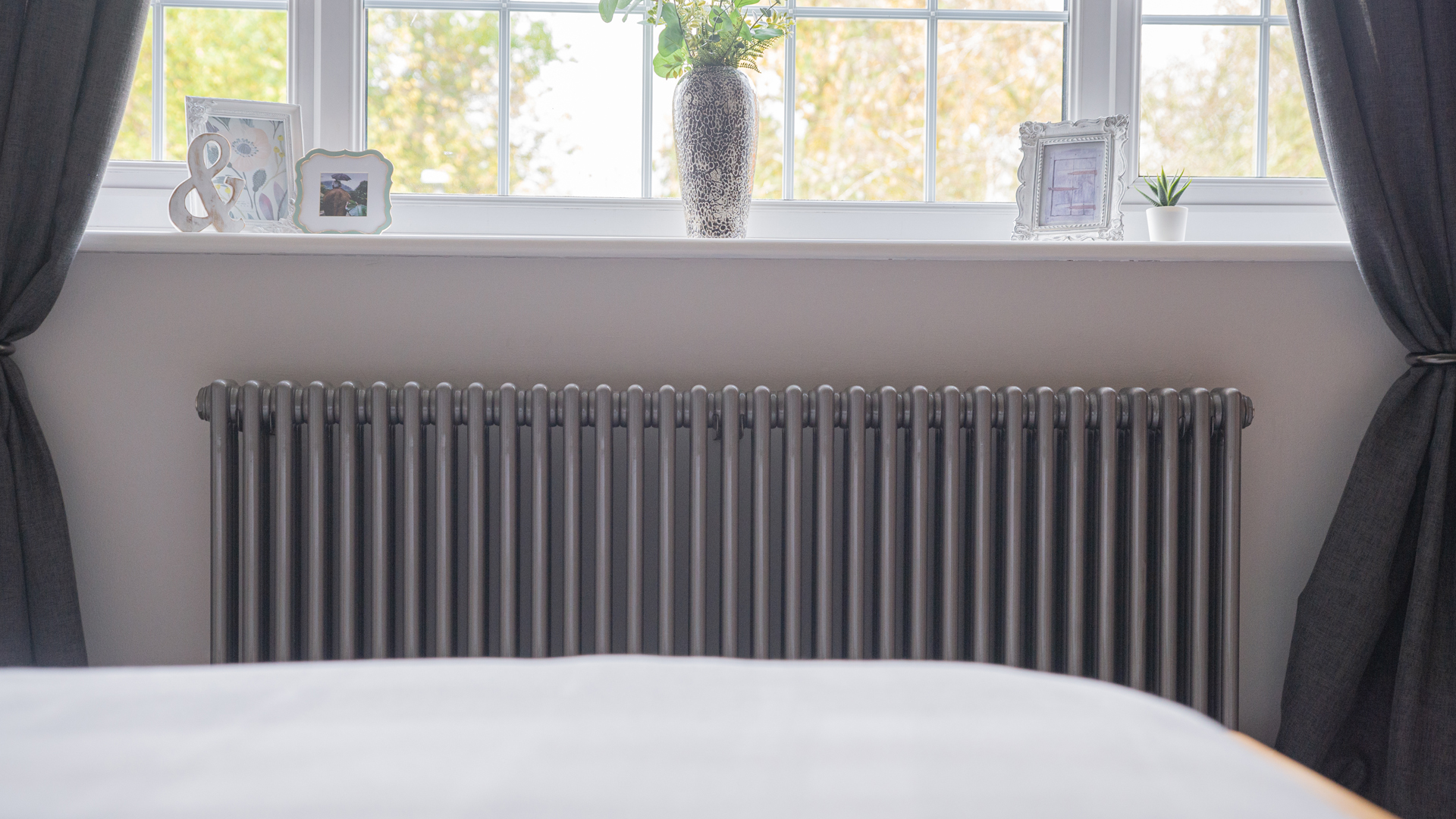 Choose column radiators to give your home enduring style
Choose column radiators to give your home enduring styleThe efficiency and elegant looks of the column have guaranteed its popularity over more than a century
By Sponsored Published
-
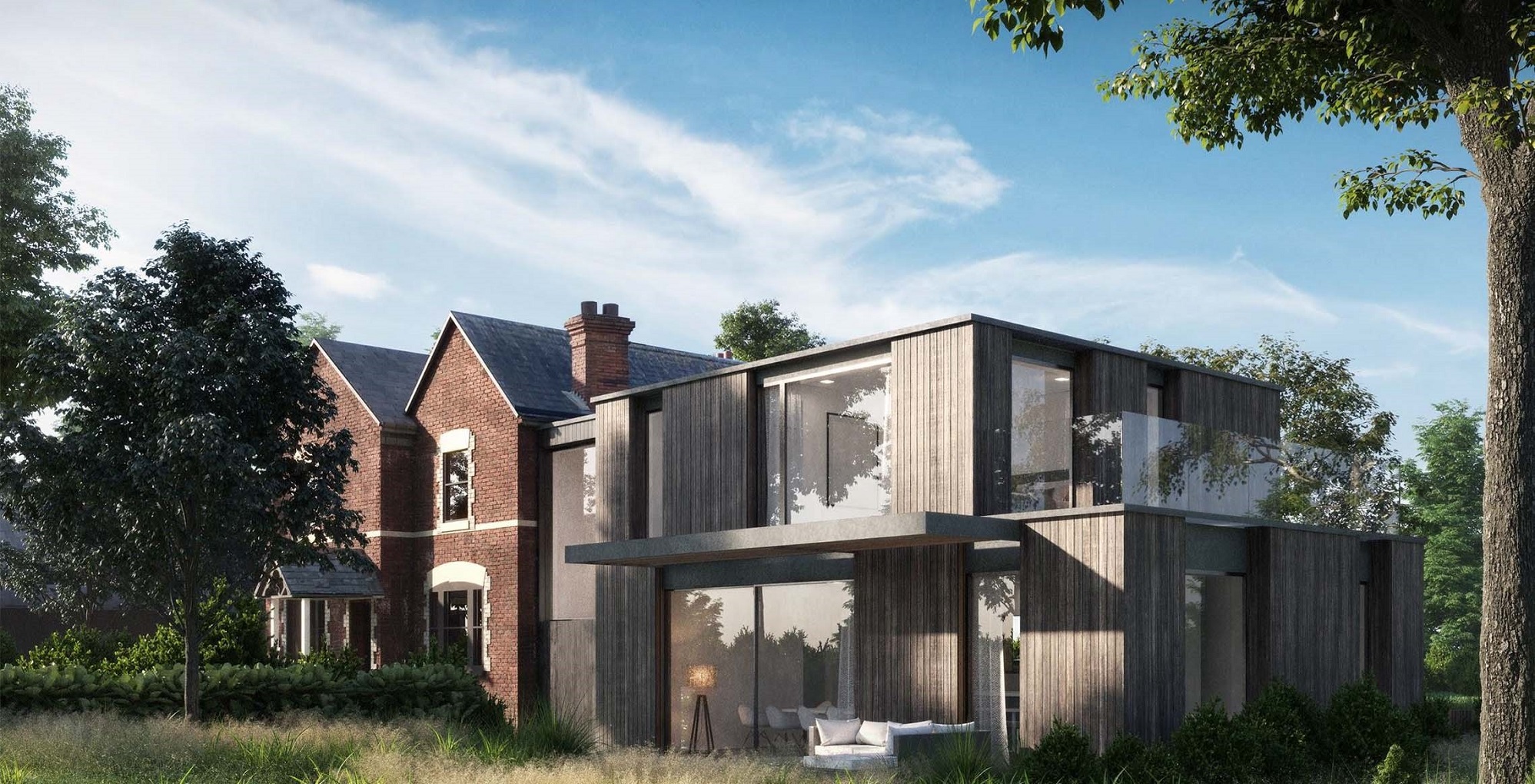 Choose wow-factor glazing for your dream home
Choose wow-factor glazing for your dream homeStunning solutions from Schüco can bring in the light through a statement feature
By Sponsored Last updated
-
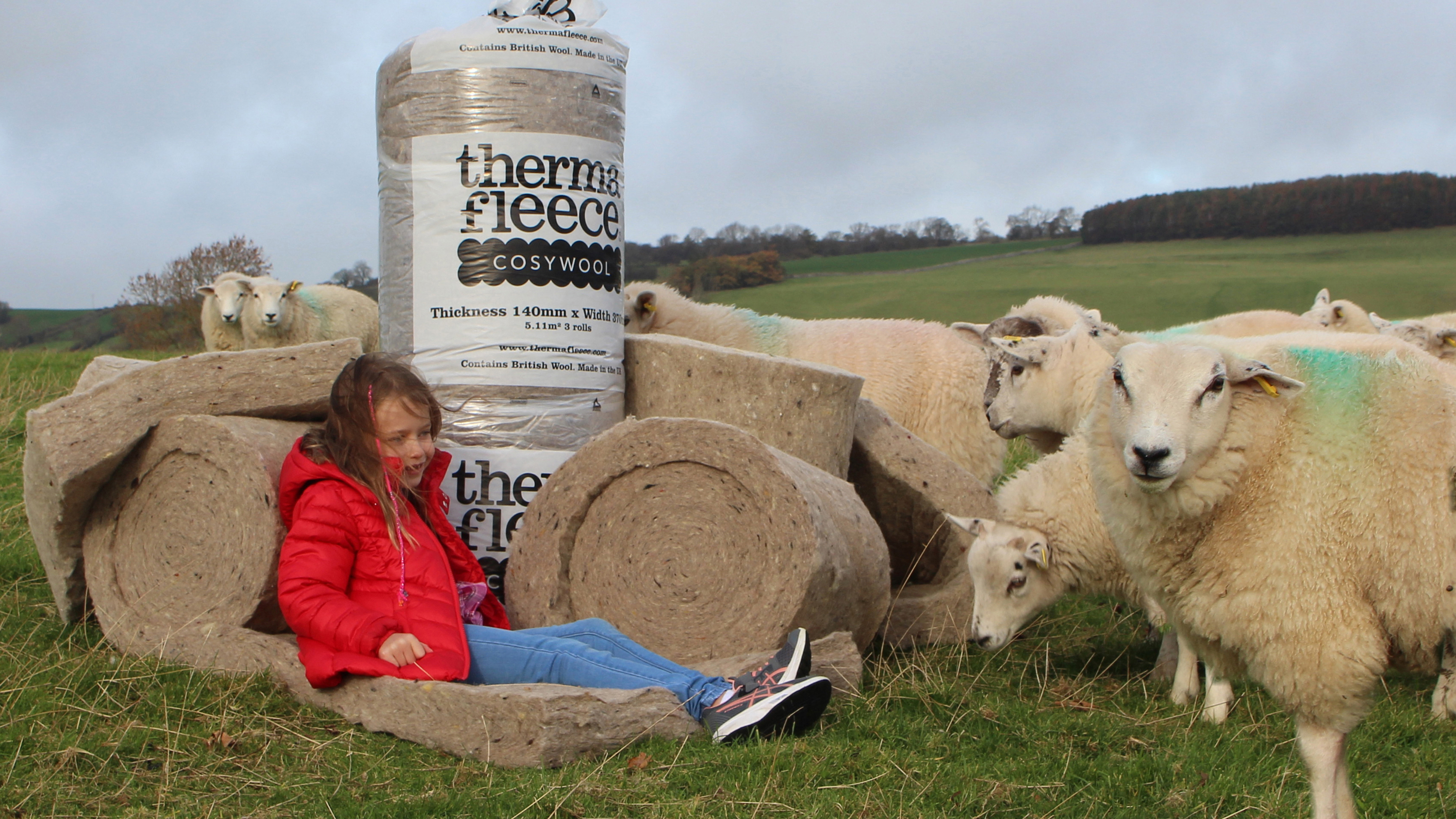 5 reasons to use sheep's wool for your home insulation
5 reasons to use sheep's wool for your home insulationHere's why insulating your home with sheep's wool is good for your home, your health, and the environment
By Sponsored Published
-
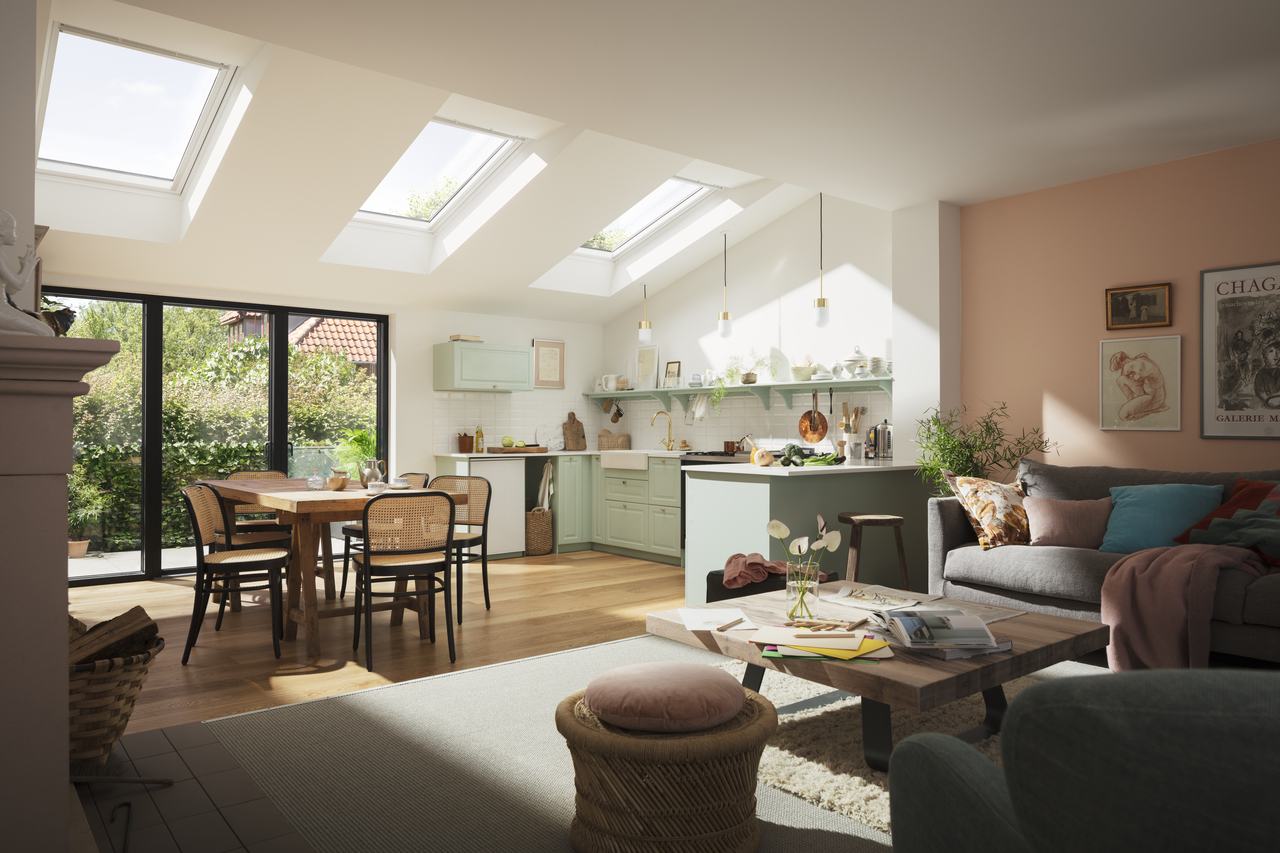 Saving daylight: how to make sure your extension or loft conversion gets enough sunlight
Saving daylight: how to make sure your extension or loft conversion gets enough sunlightYou’re adding space but have you made sure you won’t be losing light? Find out how to plan natural light into your extension or loft conversion project
By Sponsored Last updated
